Early life and stage career
Walters was born in Houston, Texas, and began her stage career performing a novelty act as a whistler. [1] She worked on the vaudeville circuit for many years before getting her first Broadway role in the 1904-1905 musical Paris By Night. [2] [3]
As her theatrical career progressed, Walters became well known for her character roles, such as her performance as the cook in Dinner at Eight , which premiered in New York in 1932. Some of the earlier Broadway plays in which she was cast include The Lottery Man (1910), The Great Name (1911), What Ails You? (1912), Irene (1919), Paradise Alley (1924), The Desert Flower (1924), The Devil Within (1925), Kosher Kitty Kelly (1925) with Helen Shipman, The Judge's Husband (1926), Manhattan Mary (1926), Mr. Gilhooley (1930), and The Warrior's Husband (1932). [4] [5]
As an actress she supported the performances of many Broadway stars such as Ethel Barrymore, Helen Hayes, William Hodge, and Minnie Maddern Fiske. [6] Reviews by theatre critics in period trade publications often focus on Walters' penchant for comedy. In its assessment of The Desert Flower in December 1924, Variety—the nation's most comprehensive entertainment paper—recognizes her performance as important comic relief in that production:
Despite its decidedly theatrical pattern, "The Desert Flower" contains many worthy moments...Several comedy touches well planted to relieve the tenseness of the drama also hit for a bull's-eye, especially the wedding celebration scene in the final act and the witticisms of Mrs. McQuade as delivered by Dorothy Walters, whose delineation of an Irish pessimist had [the audience] in continuous howls. [7]
Films
After more than 20 years performing on stage, Walters expanded her career into films. A few of her early screen appearances from 1918 and 1919 are the six-reel melodrama The Woman Who Gave , which was filmed in New York in the Adirondack Mountains; The Zero Hour; Little Miss Hoover ; Through the Toils; and the comedy The Misleading Widow . [8] [9] In its review of The Woman Who Gave in November 1918, Variety gives the film a positive assessment and highlights Walters' performance. "Dorothy Walters", the paper reports, "as Delia Picard, a matronly housekeeper, supplied the comedy and received a number of laughs." [9]
During the 1920s, Walters continued to divide her time acting in films and performing on stage. The 1921 edition of the Motion Picture Studio Directory and Trade Annual includes an entry for her, recognizing her screen work, mostly in New York-based productions. In addition to recounting some of her film and stage experience, the directory provides a basic physical description of her and even specifies her home address in 1921: "Hght., 5, 6; wght., 196; reddish gray hair; gray eyes. Ad[dress]., 226 W. 50th st., N.Y. Circle 4673." [10]
In 1924 and 1925, Walters performed in no less than eight more films: Pied Piper Malone , The Love Bandit , The Hoosier Schoolmaster , The Confidence Man , Her Indiscretion, A Man Must Live , The Street of Forgotten Men , and A Kiss for Cinderella . [8] [11] Despite her success as a supporting player in motion pictures at that time and her continuing work on Broadway, she still returned periodically to the vaudeville stage. For example, in the circuit's 1925-1926 season she co-starred with Truman Stanley in Cantor & Brandel's presentation of Fore. [12] Walters' last credited film role, although in an unspecified part, is in Her Indiscretion starring Mahlon Hamilton and May Allison. [13] That production, which was filmed in 1924 in Queens, New York and at Montauk on Long Island, was not released until May 1927. [13] Following that delayed release of Her Indiscretion, Walters' available filmographies show no further credited performances, suggesting that she began to curtail her involvement in films during the latter half of the 1920s, possibly to refocus her career on performing on Broadway and in other "legitimate" theatrical venues near her home in Manhattan.

Huntley Ashworth Gordon was a Canadian actor who began his career in the Silent Film era.
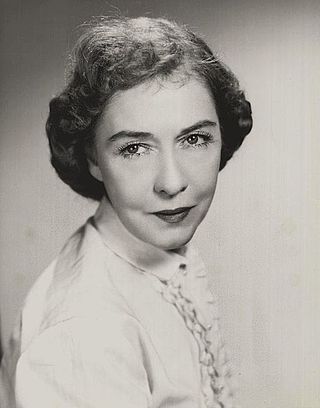
Dorothy Elizabeth Gish was an American actress of the screen and stage, as well as a director and writer. Dorothy and her older sister Lillian Gish were major movie stars of the silent era. Dorothy also had great success on the stage, and was inducted into the American Theater Hall of Fame. Dorothy Gish was noted as a fine comedian, and many of her films were comedies.

Alan Crosland was an American stage actor and film director. He is noted for having directed the first feature film using spoken dialogue, The Jazz Singer (1927).
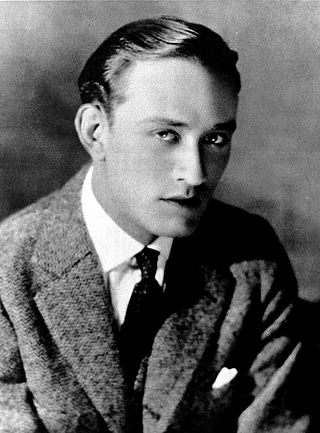
John Conrad Nagel was an American film, stage, television and radio actor. He was considered a famous matinée idol and leading man of the 1920s and 1930s. He was given an Academy Honorary Award in 1940 and three stars on the Hollywood Walk of Fame in 1960.
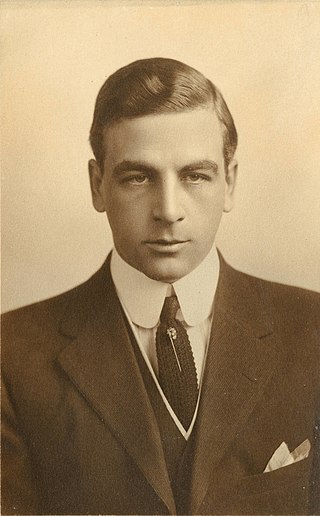
Milton George Gustavus Sills was an American stage and film actor of the early twentieth century.
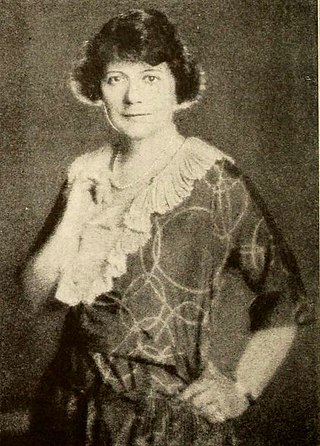
Marion Fairfax was an American screenwriter, playwright, actress, and producer.

Katherine Agnew MacDonald was an American stage and film actress, film producer, and model. She was born in Pittsburgh, Pennsylvania and was the older sister of actresses Miriam MacDonald and Mary MacLaren.

Arthur Charles Miller, A.S.C. was an American cinematographer. He was nominated for the Oscar for Best Cinematography six times, winning three times: for How Green Was My Valley in 1941, The Song of Bernadette in 1944, and Anna and the King of Siam in 1947.
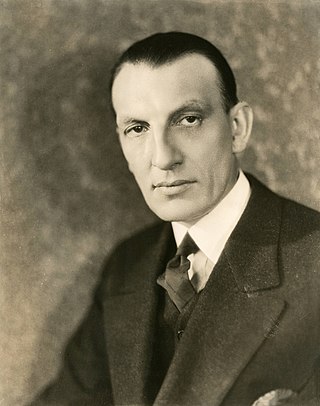
Charles Brabin was a British-American film director.

Bertram Lytell was an American actor in theater and film during the silent film era and early talkies. He starred in romantic, melodrama, and adventure films.

Ida Darling was an American actress of the stage and in silent motion pictures.

Mary Maguire Alden was an American motion picture and stage actress. She was one of the first Broadway actresses to work in Hollywood.
Helen Gilmore was an American actress of the stage and silent motion pictures from Louisville, Kentucky. She appeared in over 140 films between 1913 and 1932.

Helen Lindroth was a Swedish-born American screen and stage actress.

Marcus McDermott was an Australian actor who starred on Broadway and in over 180 American films from 1909 until his death.
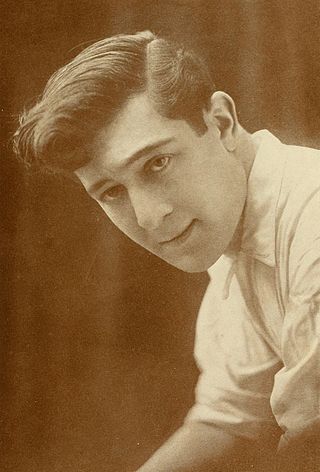
Hobart Henley was an American silent film actor, director, screenwriter and producer. He was involved in over 60 films either as an actor or director or both in his twenty-year career, between 1914 and 1934 when he retired from filmmaking.

Thomas G. Lingham was an American stage performer and then a film actor during both the silent and early sound eras. He appeared in more than 100 motion pictures between 1914 and 1934, often portraying villains, which in the film industry at that time were also called "heavies". During his 20-year screen career, Lingham was cast in productions for Kalem Company, Signal Film Corporation, Pathé, Universal Pictures, Mascot Pictures, Lone Star Film Company, and for other studios in and around Hollywood.

Mahlon Preston Hamilton, Jr., was an American stage and screen actor. He was the son of a bartender born in Baltimore, Maryland, the eldest of four children, with the rest of the siblings being girls. Census records indicate his mother died sometime around 1899.

Ida Waterman was a stage and screen actress.

Miriam Battista was an American actress known principally for her early career as a child star in silent films. After gaining notice in Broadway theatre at the age of four, she was cast in films the same year. Her most famous appearance was in the 1920 film Humoresque in which she played a little girl on crutches. As an adult, Battista acted in Italian-language films in the 1930s, and she appeared in Broadway productions. She wrote, sang, composed music, and co-hosted a television talk show with her second husband.
This page is based on this
Wikipedia article Text is available under the
CC BY-SA 4.0 license; additional terms may apply.
Images, videos and audio are available under their respective licenses.



















